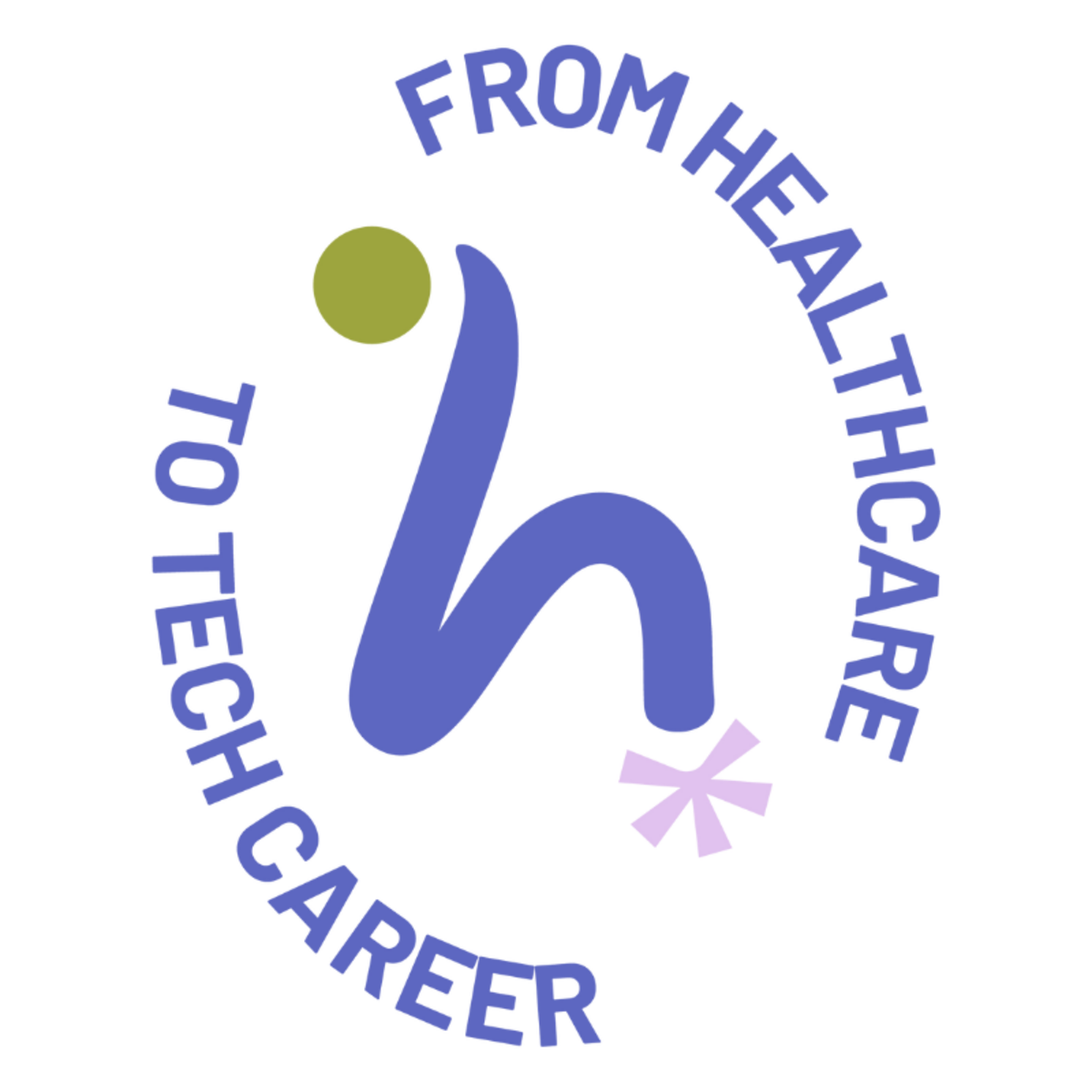Hey Health Techies!
Perhaps you clicked on this newsletter wondering what exactly I meant by times of crisis. And while yes, the state of our healthcare system is absolutely in crisis right now, I’m actually referring to a different crisis.
The LA wildfires.
I’ve been feeling particularly helpless during this time, and thinking a lot about what can be done to help. Specifically, with all of the medical attention that’s needed in a crisis like this, how can technology help serve displaced victims who likely have a few necessities but may be without much else?
To answer these questions, I took to the internet to find that the Los Angeles Homeless Services Authority had posted some information stating that Teladoc is offering telehealth services to “Southern California residents, first responders and others impacted” by the fires. A great start. In addition they are also offering assistance obtaining refills for prescription medications that may have been left behind.
The Teladoc CEO posted about this on his LinkedIn account several days ago as well.

His post was the first I had heard of the BetterHelp mental health services being offered as well, but a quick fact check listed BetterHelp among others like GoodRx and AltaMed in a list of resources for fire victims published in the LA Times several days ago.
It’s great to see these companies offering services that residents might otherwise have to forgo indefinitely. And an important precedent to set, especially in a world where natural disasters seem to be increasing in frequency and cost (though this article gives some interesting insights into the limitations that we have around determining this with accuracy).
Either way, disasters do occur, and they have some pretty negative effects on population health.
🤕 Injuries
🚨 Complications for those with chronic diseases
🦠 Increased spread of disease
🍎 Food shortages
🧠 Mental health crises
🏥 Fractured infrastructure from damage happening to physical buildings like hospitals, primary care clinics, and pharmacies
Several of these are areas where technology could be used to mobilize virtual or in-person support efforts to help where needed, and I hope that some of these areas become targets of more sophisticated offerings that will help in everyday life as well.
As an example, during the COVID-19 pandemic, telemedicine adoption skyrocketed, demonstrating how technology can sustain healthcare delivery when traditional methods are disrupted. And for the most part, its usage became a part of our everyday lives because of its convenience. Similarly, in the aftermath of Hurricane Maria in Puerto Rico, drones delivered critical medications to isolated communities, showcasing the life-saving potential of innovative tech. And drone delivery of everyday items may not be the norm, but it certainly exists.
What are some other optimizations that could help our everyday life as well?
Electronic Health Records (EHRs): Cloud-based EHR systems enable healthcare providers to access patient records from anywhere, ensuring that displaced individuals continue to receive appropriate care. And improvements in data sharing and accessibility would be a win for everyone.
Mobile apps and wearables: In the absence of accessible medical care, wearables that monitor vital signs could alert users to seek help when needed. We still have quite a ways to go here. Many everyday wearables are more focused on fitness goals than life-saving measures but the technology is there, we just need to expand the use cases.
Supply Chain Optimization: Technology is being leveraged now more than ever to track and optimize the distribution of medical supplies, ensuring that the right resources get to the right place at the right time. Sadly, this isn’t just a problem during natural disasters. Shortages and disruptions are happening all the time, and I’d love to see improvement here.
What are your thoughts on the role of technology in disaster response? Have you seen or experienced its impact firsthand? Hit reply and let me know — I’d love to hear your insights! This isn’t my area of expertise, but I certainly find it interesting and important to tackle.
This issue brought to you by:
Try Therapy, Completely Free from BetterHelp
Stigma, cost, and confusion keep too many people from getting help. BetterHelp is working to change that. For Mental Health Awareness Month, they’re offering 1 free week of therapy, because getting started shouldn’t be the hardest part.
Sign up, take a brief quiz, and you’ll be matched with a licensed therapist in under 48 hours. With over 35,000 professionals and a 4.9/5 average session rating, you’re in good hands. No waiting rooms, no commute: just support when you need it.
This May, try therapy risk-free.
📰 Weekly Wrap-up
Health tech venture capital investments are back on the rise with the promise of AI
The fully automated brushing system, Willo, got lots of attention at last week’s CES events
📌 Job Board
Don’t miss these open roles 👀
Enterprise Implementation Specialist - Pearl AI
Project Manager - AssistRx
Partner Success Manager - Abridge
and more!
Until next time,
Lauren

